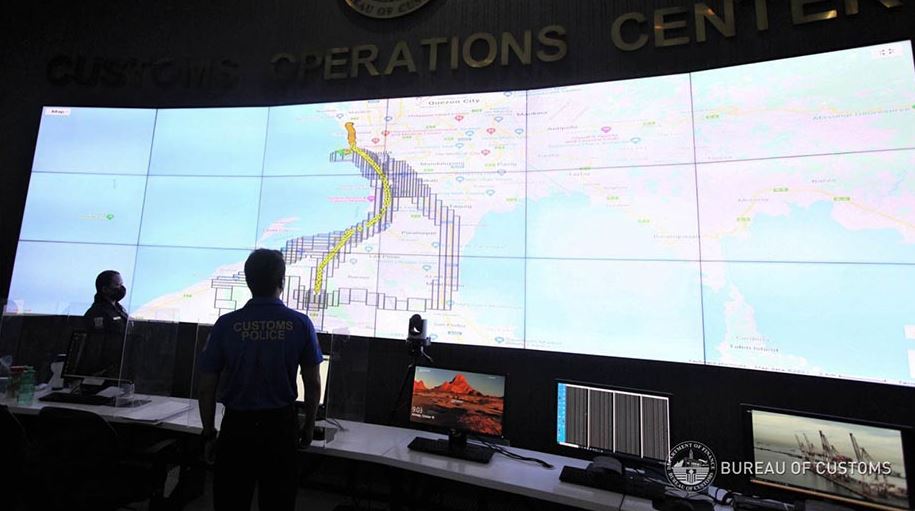The world is turning digital, and the Covid-19 pandemic only made sure the adoption was accelerated by reconfirming the benefits of digital technology. The rapid shift to a digital lifestyle has disrupted all critical sectors, including the Bureau of Customs, which has moved to online transactions.
President Ferdinand Marcos Jr. wants to fully digitalize the BoC to combat rampant smuggling and improve the agency’s revenue collection efforts. From automating office procedures to disseminating information, the BoC now is digitalizing its clearance system in filing declarations, handling risk management functions, validating and processing import declarations, and, eventually, releasing shipments, in line with the President’s directive.
Marcos is convinced that the digitalization of such government transactions would put an end to unabated smuggling. Digitalizing is one of the most “drastic bureaucratic reforms” he can initiate under his term, he said, lamenting that almost all kinds of commodities are already being shipped illegally to the country—a development that he said has been interfering with the country’s recovery from the pandemic and overall economic development.
In one Cabinet meeting last month, Marcos suggested that his government could adopt “successful approaches being employed by several countries” in battling smuggling. One such anti-smuggling action being considered is for the BoC and the Department of Agriculture to share databases to ensure the efficient and transparent handling of imported goods.
The DA and BoC had in fact entered into a data-sharing agreement as early as January 2022. That agreement aims to facilitate the exchange of information on traded agricultural products and ensure that local agri-fishery products remain competitive. The deal also seeks to strengthen the two departments’ coordination in inspecting imported goods and collecting the right amount of customs duties.
In October 2021, the DA and BoC also forged an agreement to implement a new set of measures to prevent the entry of smuggled agricultural items. They agreed to strengthen “second border inspections” to determine the safety of imported fresh and frozen agri-fishery products.
However, the President thinks existing government systems that combat smuggling are still “ineffective.”
Last month, during a meeting with the Private Sector Advisory Council, Mr. Marcos did not mince words when he criticized the present system intended to protect the country’s borders from smugglers.
“To be brutally frank, we have a system, but they are not working. The smuggling here in this country is rampant,” Mr. Marcos said.
For the chief executive, it is time to scrap the “ineffective” existing systems and implement a new system that would better address the proliferation of smuggling.
He made the statement when the retail prices of red onions in local markets had been skyrocketing to as high as P800 per kilo — making onions more expensive than meat.
Complete modernization
In an interview last month, Customs Commissioner Yogi Filemon Ruiz said the BoC has already automated 93 percent of its processes to improve trade facilitation.
The agency is optimistic that the new systems will further boost its adherence to international standards and conventions, provide greater transparency, and lessen opportunities for corrupt practices.
According to the business group Federation of Philippine Industries, the Philippine government is estimated to lose P250 billion in revenues in a year due to smuggling.
Smuggling causes enormous losses for the government and hurts local farmers and fishermen by decreasing their potential incomes. Since imported agricultural products are usually cheaper than locally produced agricultural products, this hinders the growth of the country’s agriculture and fishery sector.
Based on a report by BoC’s Intelligence Group and Enforcement Group, the government conducted 729 operations in 2022 that led to the confiscation of smuggled goods worth an estimated P24.649 billion. The seized items included illegal drugs amounting to P11.95 billion; counterfeit goods, P7.69 billion; and agricultural products, P2.24 billion, according to the BoC report. ±DTHS
